How to Use Comparison test for Convergence

- If \(0≤an≤bn\) for all \(n\) large enough and \(\sum b_n\) converges, then \(\sum a_n\) also converges.
- If \(an≥bn\) and \(\sum b_n\) diverges, then \(\sum a_n\) also diverges.
This test is helpful when it’s difficult to directly assess the convergence of the original series. By finding a suitable comparison series that converges or diverges, you can quickly conclude the behavior of the given series. The Comparison Test is particularly useful for series involving polynomial, exponential, or logarithmic functions. For additional educational resources,.
Here are two examples demonstrating the Comparison Test:
1. Converging Series Example:
Series: \(\sum_{n=1}^{\infty} \frac{2}{n^3 + 1}\)
Comparison Series: \(\sum_{n=1}^{\infty} \frac{1}{n^3}\)
- The terms \(\frac{2}{n^3 + 1}\) are smaller than \(\frac{2}{n^3}\) for all \(n \geq 1\), and we know that \(\sum \frac{1}{n^3}\) converges (since it’s a p-series with \(p = 3\)).
- By the Comparison Test, since the comparison series converges, the original series also converges.
2. Diverging Series Example:
Series: \(\sum_{n=1}^{\infty} \frac{1}{n \ln(n)}\)
Comparison Series: \(\sum_{n=1}^{\infty} \frac{1}{n}\)
- The series \(\frac{1}{n \ln(n)}\) is larger than \(\frac{1}{n^2}\) for large \(n\), and we know that the harmonic series \(\sum \frac{1}{n}\) diverges.
- By the Comparison Test, since the comparison series diverges, the original series diverges as well.
Frequently Asked Questions
How do I help my child prepare for the math test?
To effectively prepare your child for their math test, consider using resources that engage and challenge them while reinforcing core concepts. One excellent approach is to introduce them to Top 10 Grade 3 Math Books Inspiring Young Mathematicians To Explore. These books can provide insightful explanations and examples that resonate with young learners. Additionally, supplementing their study with diverse Worksheets can help reinforce the material covered in books and provide practical experience with different types of math problems, aiding in better preparation for their tests.
What math skills should my 3rd grader know?
By third grade, children should be comfortable with basic arithmetic (addition, subtraction, multiplication, and division) and should start to understand fractions and the concept of area and perimeter. They should also be able to solve word problems that require basic operations. To enhance their learning and make concepts clearer, consider exploring resources like Top 10 Grade 3 Math Books Inspiring Young Mathematicians To Explore and using Worksheets to provide practice opportunities and reinforce these skills. This practice can be especially beneficial in building a strong foundation for more complex mathematical concepts introduced in later grades.
How do you add and subtract mixed fractions?
To add or subtract mixed fractions, first convert them into improper fractions where the numerator (top number) is greater than the denominator (bottom number). This can be done by multiplying the whole number by the denominator and then adding the numerator to this product. Once all fractions are improper, ensure they have a common denominator and proceed with the addition or subtraction of the numerators. Finally, simplify the resulting fraction if possible. For example, while studying for a math exam using methods like the Comparison Test, having a solid foundation in operations with fractions can be very beneficial in solving series and sequence problems efficiently.
Related to This Article
More math articles
- Full-Length 7th Grade PSSA Math Practice Test-Answers and Explanations
- How to Graph Transformation on the Coordinate Plane: Rotation?
- Ratio, Proportion and Percentages Puzzle – Challenge 27
- How to Get a GED Certificate?
- Overview of the HSPT Mathematics Test
- 5 Tips to Help You Learn Math Faster
- How to Ace the SHSAT Test?
- ParaPro Math FREE Sample Practice Questions
- Top 10 Tips to ACE the GED Math Test
- Top 10 Tips to Overcome ASTB Math Anxiety
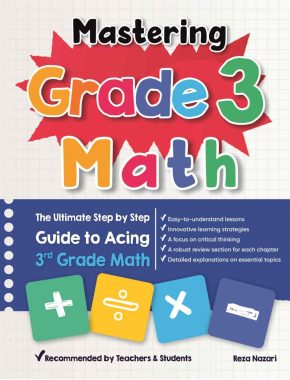
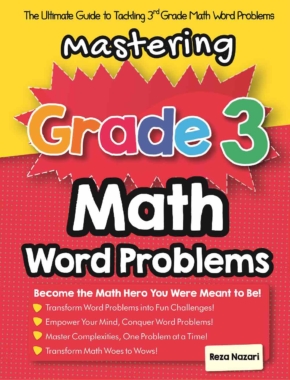









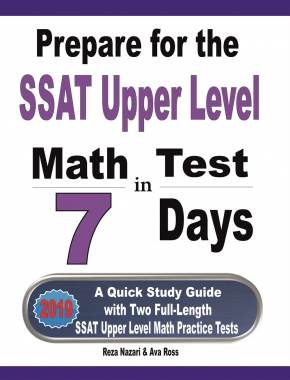

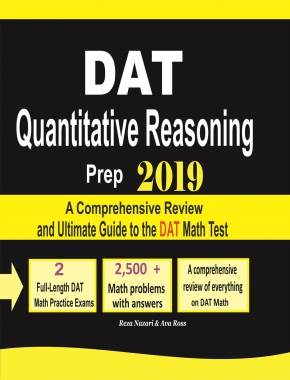
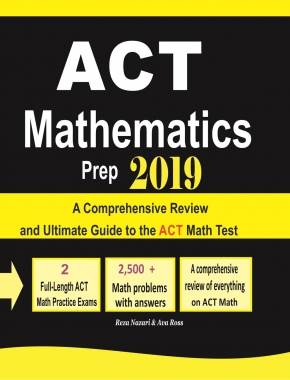
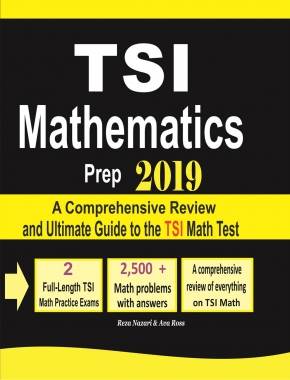
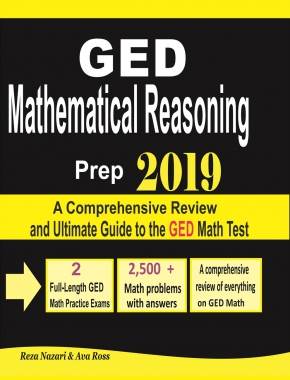
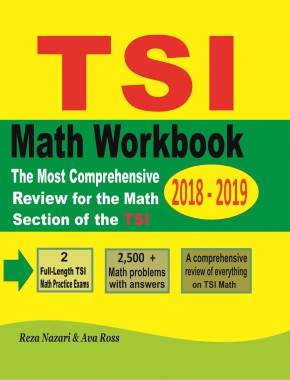


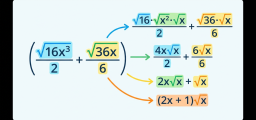
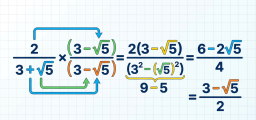
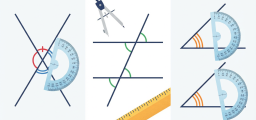

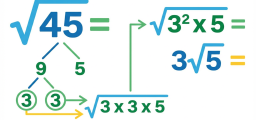












What people say about "How to Use Comparison test for Convergence - Effortless Math: We Help Students Learn to LOVE Mathematics"?
No one replied yet.